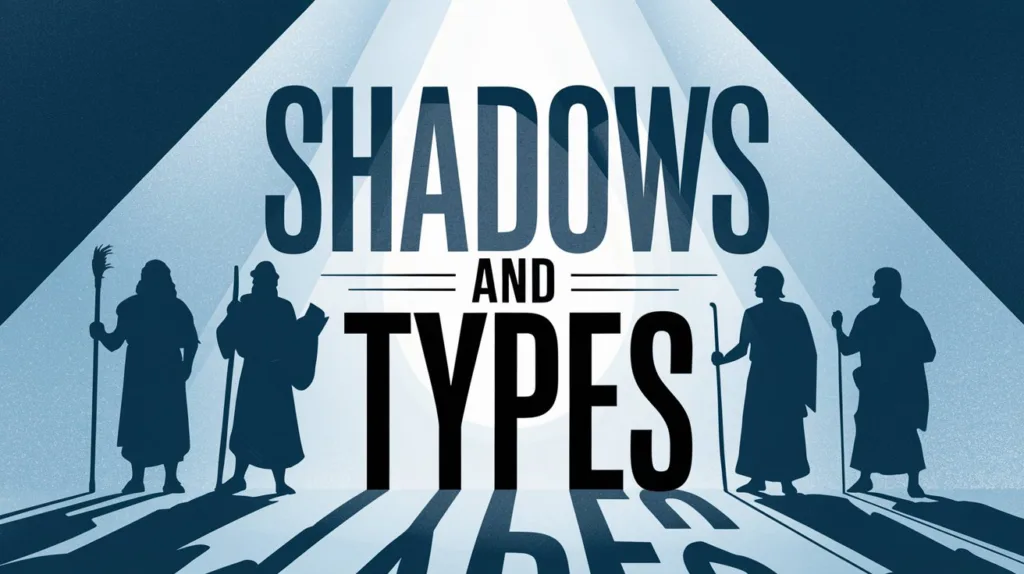Hosea was a prophet called by God to speak to the northern kingdom of Israel during a time of rampant idolatry and unfaithfulness. His message was not only spoken but lived. God commanded him, “Go, take yourself a wife of harlotry and children of harlotry” (Hosea 1:2). Hosea’s marriage to Gomer became a living picture of God’s covenant love and Israel’s spiritual adultery.
Though Gomer was unfaithful, Hosea pursued her, redeemed her, and restored her, just as God continually called Israel to return to Him. Hosea 3:1 reflects this heart, “Go again, love a woman who is loved by a lover and is committing adultery, just like the love of the Lord for the children of Israel.”
His children’s names Jezreel, Lo-Ruhamah, and Lo-Ammi symbolized coming judgment and separation, but God also promised restoration. Hosea 1:10 foretells, “In the place where it was said to them, ‘You are not My people,’ there it shall be said to them, ‘You are sons of the living God.’”
Hosea’s message called Israel to repentance: “Come, and let us return to the Lord” (Hosea 6:1). Yet he also warned that judgment would come if they continued in sin. Hosea 4:6 declares, “My people are destroyed for lack of knowledge.”
Though filled with judgment, Hosea ends in hope. Hosea 14:4 says, “I will heal their backsliding, I will love them freely.” God’s love remains steadfast even when His people are not.
Hosea’s life and prophecy reveal the heartache of divine love rejected, and the mercy of God extended to restore the repentant.





 Get the book that teaches you how to evangelize and disarm doctrines from every single major cult group today.
Get the book that teaches you how to evangelize and disarm doctrines from every single major cult group today.